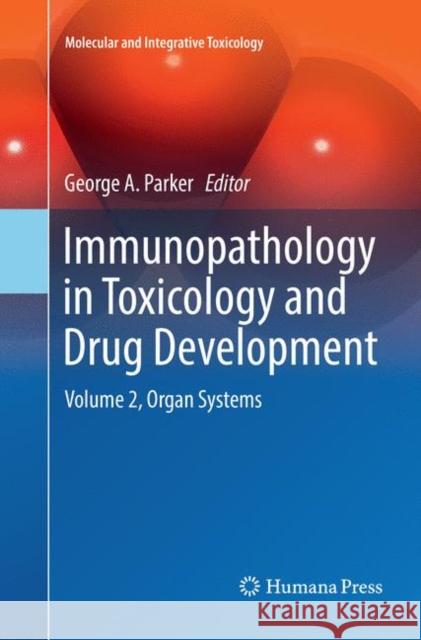Immunopathology in Toxicology and Drug Development: Volume 2, Organ Systems » książka
topmenu
Immunopathology in Toxicology and Drug Development: Volume 2, Organ Systems
ISBN-13: 9783319837260 / Angielski / Miękka / 2018 / 826 str.
Kategorie BISAC:
Wydawca:
Humana Press
Seria wydawnicza:
Język:
Angielski
ISBN-13:
9783319837260
Rok wydania:
2018
Wydanie:
Softcover Repri
Ilość stron:
826
Oprawa:
Miękka
Wolumenów:
01











